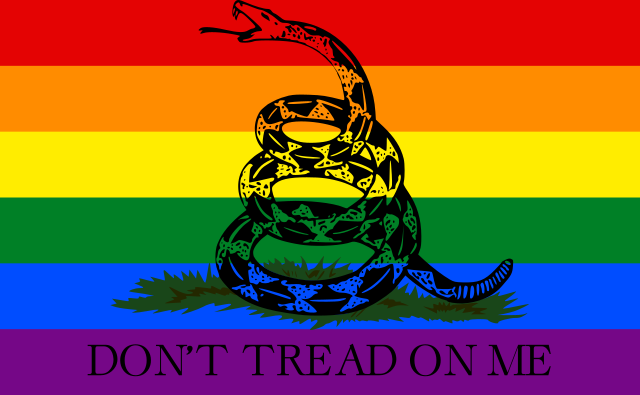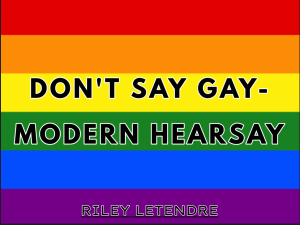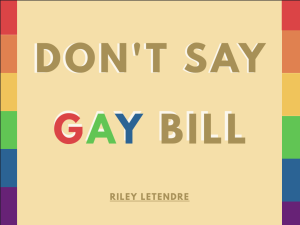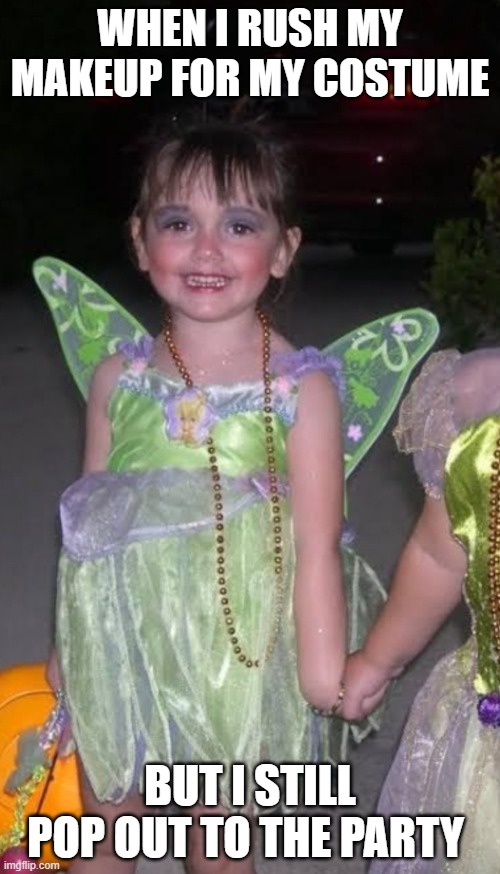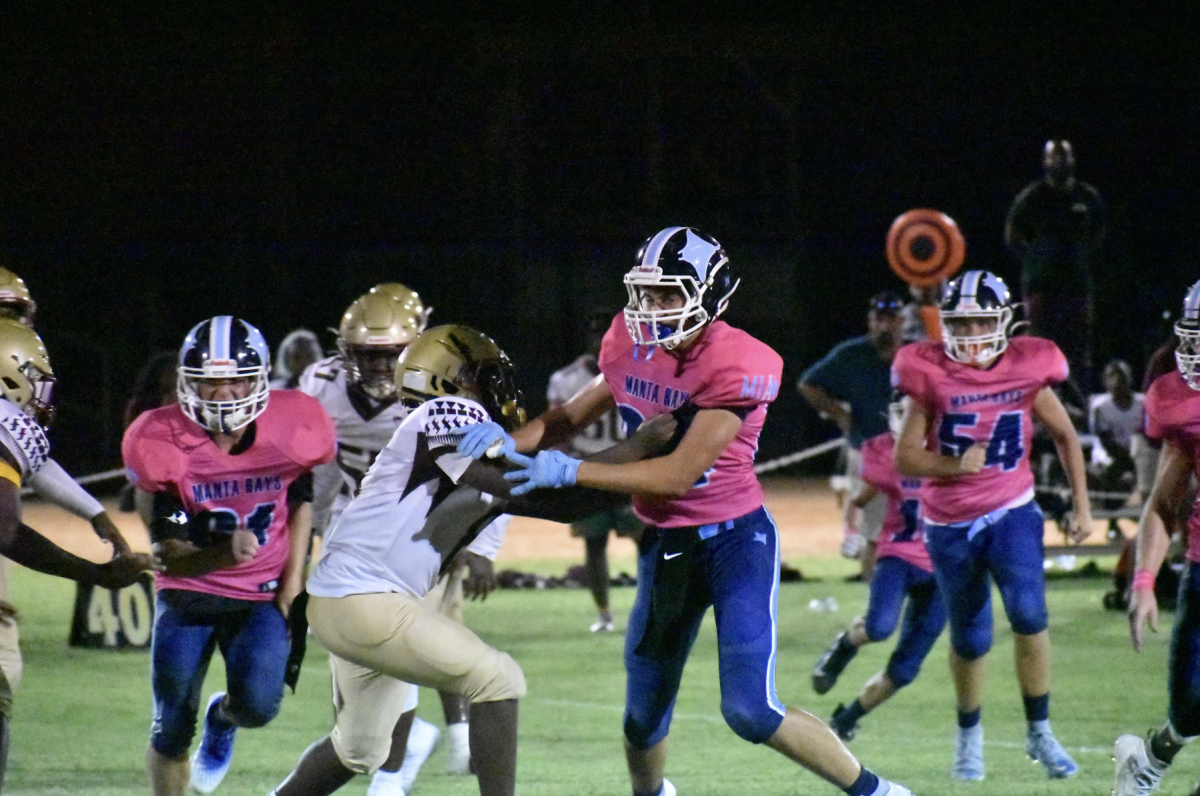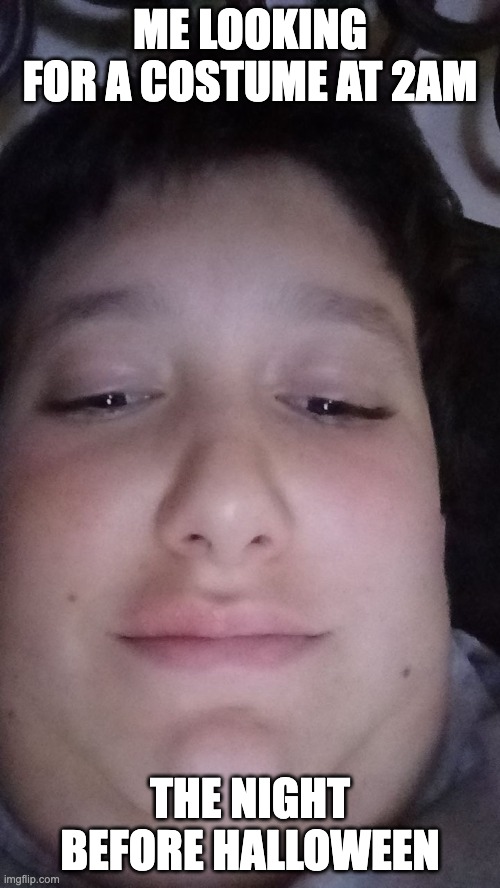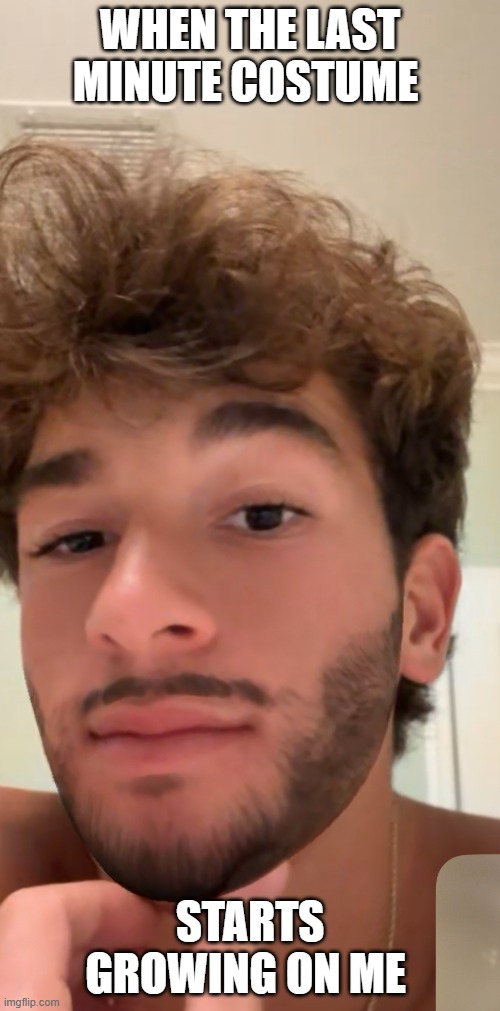Florida Legislation Attempts to Silence the LGBTQ+ Youth
Wikipedia Commons (Universal Domain)
“Don’t Say Gay” Bill
March 7, 2022
Students and teens in Florida have taken a stance on the ‘Don’t Say Gay’ Bill to make their voices are heard and to ensure that LGBTQIA+ students will have the ability to feel validated and safe in their school environments. The bill prohibits “classroom discussion about sexual orientation or gender identity” in Florida’s primary schools. The ‘Don’t Say Gay’ Bill was filed in early January and passed in the Senate by the education comitee on February 8th. A Florida Senate committee has approved the measure and the bill is now headed to the full floor to be voted on. It is suspected that the bill will pass the legislature quickly to be signed by Governor Ron Desantis. If Florida legislators pass the bill it would be put into effect on July 1. This would then require all school districts’ plans to be updated by June 30th of 2023.
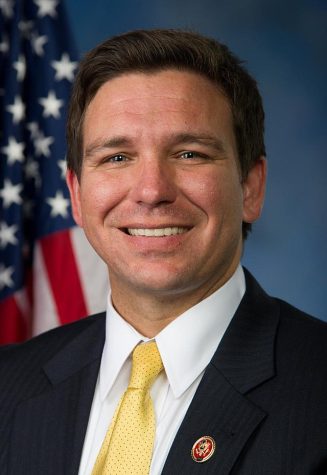
Many students and educators are concerned about the bill’s implications and what will happen to LGBTQIA+ youth when they lose what some would consider to be a safe-haven and environments where they can be open about their identity and sexualities. Some students in the community are not supported at home or do not have the ability to be open about gender and sexuality which makes their educators or schools a place to be validated and accepted. Democratic Representative Carlos Guillermo Smith discusses the bill’s implications and how “This bill goes way beyond the text on its page. It sends a terrible message to our youth that there is something so wrong, so inappropriate, so dangerous about this topic that we have to censor it from classroom instruction.” Smith highlights how the bill’s efforts to silence youth and censor these discussions will cause further outrage and protests from student youth and educators across the state.
Florida students are making their voices heard by organizing protests against the bill and advocating for the right to hold discussions of identity and sexuality in classrooms. Many students who participated in the protests and rallies voiced their concern and fear for what may happen if the bill is passed and put into place. Jack Petocz, an openly gay seventeen-year-old junior at Flagler-Palm Coast High School describes how proud he is of himself and those who are also protesting the regressive bills. He says “We must let our politicians know that no matter how hard they try, they cannot suppress our identities or silence our voices.” Petocz was suspended from his school indefinitely for being the one to organize a walkout.
Another student, at Jacksonville’s Lavilla School of the Arts, thirteen-year-old Bianca Alvarez created a petition to voice her concern and discomfort towards the bill. Alvarez considers herself to be a strong ally of the community and she states that, ‘I wanted to use my voice to speak out against something that I didn’t feel was right at all.” Alvarez ended up gathering over 300 signatures which was not far from her goal of 500. These students are only a couple of the many others who have made their voices heard.
On a more concerning note, it has been reported that there is a growing push for widespread legislative actions limiting the discussion of LGBTQIA+ identities and sexualities in the classroom. As far as this goes, the Freedom for All Americans nonprofit group discusses how previously, it didn’t record LGBTQ school policy bills and this year, in only two months, conservative state legislators have filed for over 170 bills limiting LGBTQ+ rights compared to last year’s total which was 139. Also last year, three states passed bills that gave parents the ability to remove their child(ren) from any curriculum or lesson that discusses gender identity or sexual orientation.
The bill itself is flawed and has been frequently misinterpreted due to its vagueness. The bill makes the incorrect assumption that children have the ability to have open discussions about gender identity and sexual orientation in their own homes. Apart from this, people who have predicted the bill’s failures if it is passed, criticize the bill’s language which makes the legislation unclear. Some critics even argue that the legislation’s broad language could enable parents to sue districts and open them up to lawsuits regarding any discussions of gender identity or sexual orientation that they deem to be ‘inappropriate’.
It is crucial that legislators listen to the voices of the future. Jack Petocz, the junior at Flagler-Palm Coast high school mentioned previously, describes how school is a safe space for students like him and it would be a shame to see that slip away. Petocz says “We’ve made a lot of tremendous progress with open discussion of gender identity and sexual orientation and stopping the stigmatization of it,” he says. “This will cause stigma to return to LGBTQ+ people and it will cause this divide to return.” After observing students like Jack and other brave youth take a stance on the implementation of the bill and their education, it is important to continue progressing towards a future where LGBTIA+ youth are accepted and listened to in the classroom, rather than implementing the bill that would cause a huge regression in civil rights.


